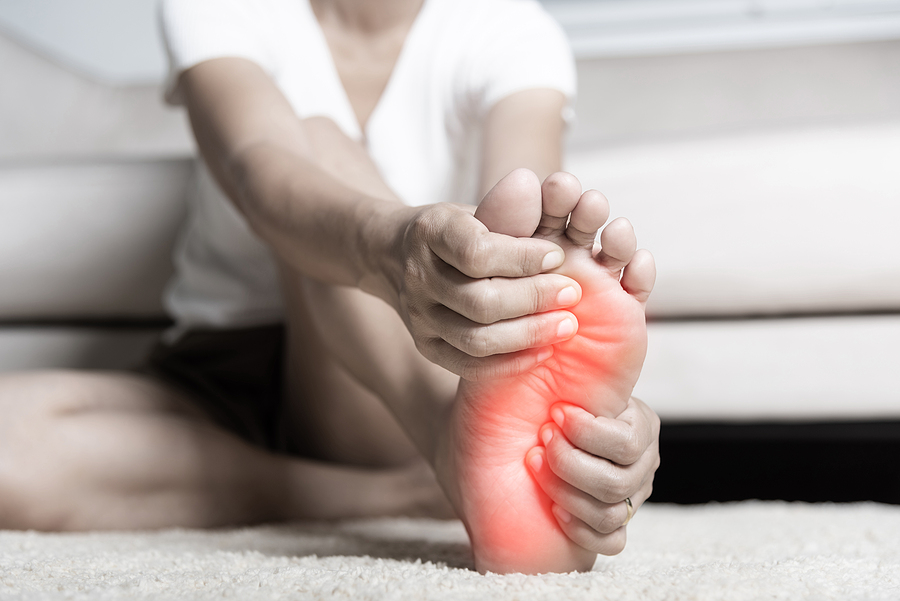If you have psoriatic arthritis, chances are you’re all too familiar with symptoms such as pain, stiffness, and swelling in the hands and feet. These chronic issues can have debilitating effects on daily life, like brushing your teeth or tying shoelaces.
Fortunately, there are treatments available that can bring relief from this taxing disease.
Keep reading to find out how you can make life easier while dealing with the effects of psoriatic arthritis.
How Does Psoriatic Arthritis Affect the Body?
Psoriatic arthritis (PsA) is a form of inflammatory arthritis that can cause pain, swelling, and stiffness in the joints and areas where tendons and ligaments attach to bones. While it can affect any joint, people often feel pain in the knees, ankles, hands, and feet.
The symptoms of psoriatic arthritis vary from person to person. In some cases, it may cause inflammation in one joint (oligoarticular), while in others, it may cause inflammation in multiple joints (polyarticular).
How is Psoriatic Arthritis Diagnosed?
PsA can be challenging to diagnose because it shares symptoms with other types of arthritis. There is no single test that can definitively diagnose PsA, but there are several methods that healthcare providers may use, such as:
- Medical history
- Physical exam
- Imaging tests
- Blood tests
- Joint fluid analysis
What Triggers Psoriatic Arthritis Flare-ups?
Flare-ups are periods when symptoms become more severe or active. Common triggers include:
- Stress, which may cause physical and emotional strain on the body, leading to increased inflammation
- Infections due to the body’s immune system responding to fight off the infection
- Injury or trauma to affected joints causing increased inflammation
- Weather changes due to barometric pressure changes
Living with PsA can be challenging, but you can make several lifestyle changes to help manage your symptoms and prevent flare-ups, such as:
- Regular exercise helps maintain joint flexibility and range of motion and reduce pain. Low-impact exercises like walking, swimming, and yoga are great options.
- Maintaining a healthy weight since excess weight puts extra stress on your joints
- Finding ways to manage stress through meditation, deep breathing exercises, or talking to a therapist.
- Avoiding smoking and limiting alcohol intake since both can worsen symptoms and increase the risk of developing other health problems.
- Getting enough rest.
- Protecting your joints from injury or strain. Use proper body mechanics when lifting and carrying objects, and consider using assistive devices like handrails or braces if needed.
Other strategies for finding relief include:
- Trying hand stretches.
- Getting a massage.
- Wearing splints or braces.
- Soaking your feet in warm water with Epsom salts or essential oils.
- Wearing comfortable shoes that provide support to your feet and ankles.
- Using heat or cold therapy on affected areas.
Finding the Right Healthcare Team
Establishing the right healthcare team is vital to find relief from hand and foot pain associated with PsA. At Advanced Rheumatology of Houston, you will work closely with our professional and caring staff to develop a treatment plan that works for you. Contact us to schedule an appointment by calling (281) 766-7886. Living with PsA can be challenging, but finding relief is possible. By working together, we can help manage your symptoms and reduce the frequency and severity of flare-ups.



